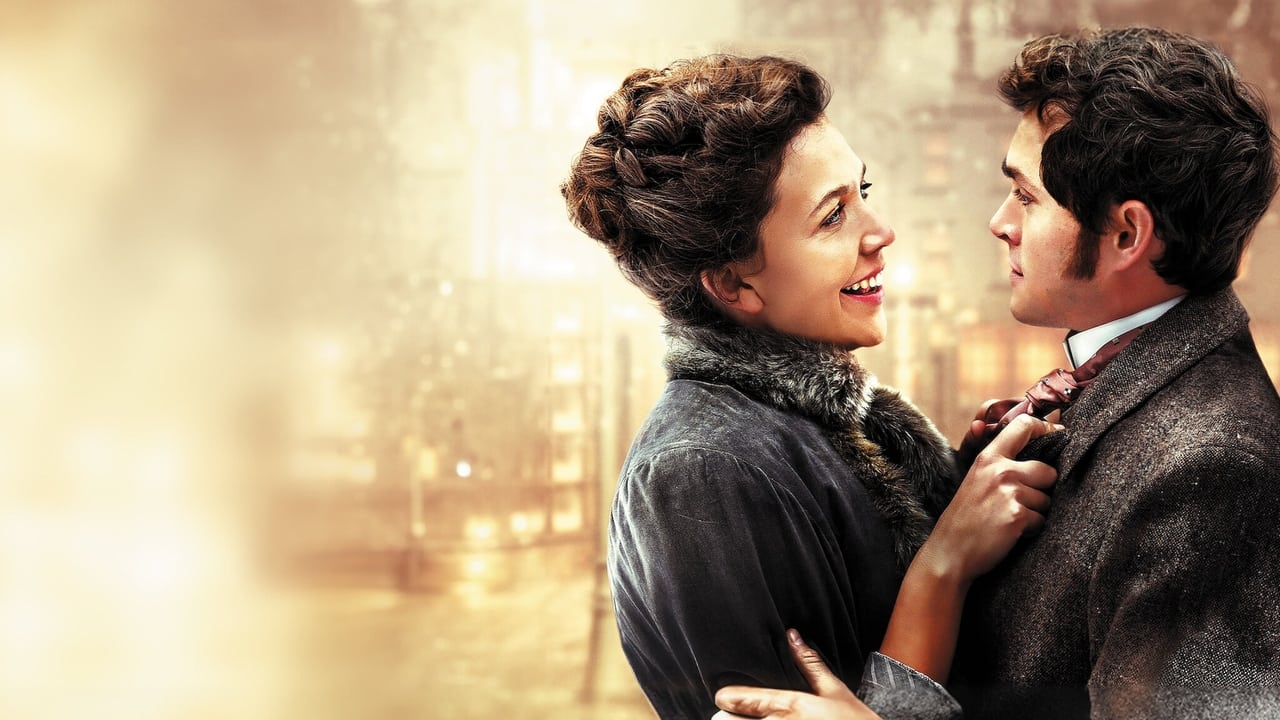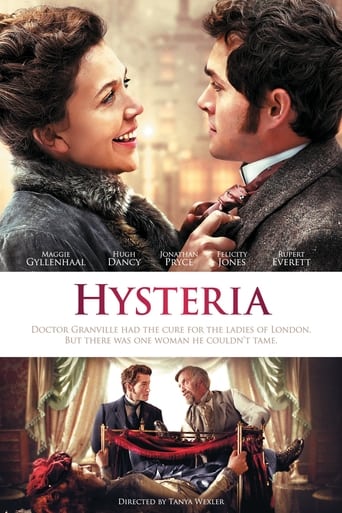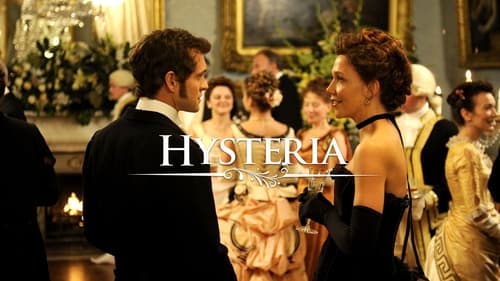



not as good as all the hype
Better Late Then Never
A Disappointing Continuation
The tone of this movie is interesting -- the stakes are both dramatic and high, but it's balanced with a lot of fun, tongue and cheek dialogue.
View Morea hard word. because it seems, at the first sigh, not the inspired one. but , in this case, each scene is real great. for the science to not offense. for the period details. for the inspired script and beautiful performances. and, sure, for something who remains mysterious. because it is a comedy. and more. this more remains the piece defining a smart film about a not comfortable subject, being more a trip in time than a simple film. it reminds the plays of Oscar Wilde, it seems be chronicle about society. but, important is the state after its end.
View MoreI recommend watching this movie. It seems to have gone under the radar somewhat which is a shame as its a very enjoyable watch and full of good humour. It has a star cast and thus I cant understand why its not a well known film. The story is set in the late Victorian period and is just typically English in its comedy. The script is well written and the sets and costumes are excellent. The subject material is a little saucy at times but that's only to be expected considering the subject the film is covering. The actors performance's all work extremely well on screen and draw you in to the plot line. Its well worth a good night in front of the TV with friends.
View MoreA film of Female empowerment in Victorian London, Hysteria sets up like a modern tale of comic angst and resolves into a warm-and-fuzzy love story that never plays out. I really didn't expect the film to delight me so much with its light application of humor to what one might term as "women's problems", and I was happily won over and wanted to stay with the characters after the finale.I am reminded of Carson McCullers' " love is a joint experience between two persons — there are the lover and the beloved, but these two come from different countries." The film seems to have laid this down as foundation for the screwball events that spin before.We know from the moment Hugh Dancy's enlightened doctor Mortimer Granville crosses paths with Maggie Gyllenhaal's equally enlightened Charlotte Dalrymple that these two are made for each other, and it's too bad that the script doesn't take care to carve out their arc more clearly. We are given one good scene when Mortimer is drawn to Charlotte's free clinic to aid one of her adopted strays, (les miserable), and we understand how the particular Victorian male honor is really compatible with the female desire for identity.There are scenes of merriment that occur to divert our attention from the lack of real substance in the picture. A dinner table scene that further affirms that Charlotte and Mortimer are made for each other, a party scene in which Charlotte and Mortimer are mistaken for betrothed, and others solidify the underlying theme that kindred spirits are destined to come together. One particularly humorous scene pits three men dressed in protective mechanical gear with an electrical massager applying relaxation technique to a woman to relieve her hysteria.As directed by Tanya Wexler, the script by Stephen Dyer, Jonah Lisa Dyer and Howard Gensler moves along at a stimulating pace, highlighting character-driven moments that give the film a very organic feeling. Wexler manages this very well by having individual motivations made apparent when characters are first introduced in the film. We first meet Dancy's doctor Mortimer as he is getting fired for preventing germs in a hospital, and Gyllenhaal's headstrong feminist Charlotte is introduced storming out of a doctor's office seeming to be another patient.The movie delivers a satisfactory payoff, albeit somewhat non-Hollywood, but will still satisfy most of the true feminists and latent romantics in the viewing audience. Wexler only takes time to show that Mortimer and Charlotte come together and this is enough to cure all that ails them and the world.
View MoreAny movie that manages to offer you some knowledge of a little known piece of medical history, to give you a lot of laughs from beginning to end and that manages to mix in some social commentary along the way has to be a winner. The fact that "Hysteria" manages to do all that is first of all a great credit to Stephen and Jonah Lisa Dyer and Howard Gensler, who were all involved in the crafting of the story. It's wonderfully told. It' also wonderfully performed by pretty much the entire cast, mainly Hugh Dancy, Maggie Gyllenhaal and Jonathon Pryce, with some strong supporting performances thrown in, and director Tanya Wexler moves the story along smartly and crisply. There's really no "filler" but this also doesn't feel rushed. It's perfectly paced. So, technically, this is a marvellous movie.It captures attention from its rather unusual subject matter - the invention of the vibrator. It causes, I suppose, a bit of a blush at times - particularly as you watch a variety of women, feet in stirrups, reacting to the "treatment" they're receiving, first manually from their doctors, and then using this magical new device. Let's be honest. Who knew that the vibrator was actually used very legitimately to offer a new form of treatment to women diagnosed with a condition that was recognized until the 1950's - hysteria. As one watches the "treatments" (all shown with a maximum amount of discretion and modesty, of course) one is tempted to think of these doctors as just dirty old men getting their kicks, but the movie makes clear that they really weren't. They believed in this condition and in this treatment, which relieved the symptoms of hysteria by bringing on a "paroxysm" - medical jargon for an orgasm, which had to be called a paroxysm because - well - women just didn't have orgasms, did they? It's actually quite fascinating to see the portrayal of medicine at the time (the movie is set in London in the 1880's) and we see not only hysteria and its treatment but debates about germs and the causes of infections. And it is quite funny, in a sexually suggestive (but not really sexual) way.What I really liked about this, though, was that in the midst of the fun about the invention of the vibrator, there was an interesting social commentary going on, revolving largely around the role of women, the debate over female suffrage, the treatment of the poor at the time. That was all woven quite seamlessly into the story.Now, having said all that, let's note that the history of the development of the vibrator isn't correctly portrayed. Dr. Granville (Dancy) didn't actually invent the machine for the purpose of treating hysteria in women, but rather for treating muscular disorders in men, and it was other doctors who discovered it a useful aid in the treatment of hysteria. I also haven't found any reference to the romance portrayed between Granville and Charlotte (Gyllenhaal) - whose character serves primarily to bring a feminist perspective to the story. (Granville's wife's name was Mary Ellen Ormerod.)Historical inaccuracies aside, though, the movie is still a lot of fun to watch, and does offer a fair representation of some of the attitudes toward women and the poor that existed at the time. (8/10)
View More